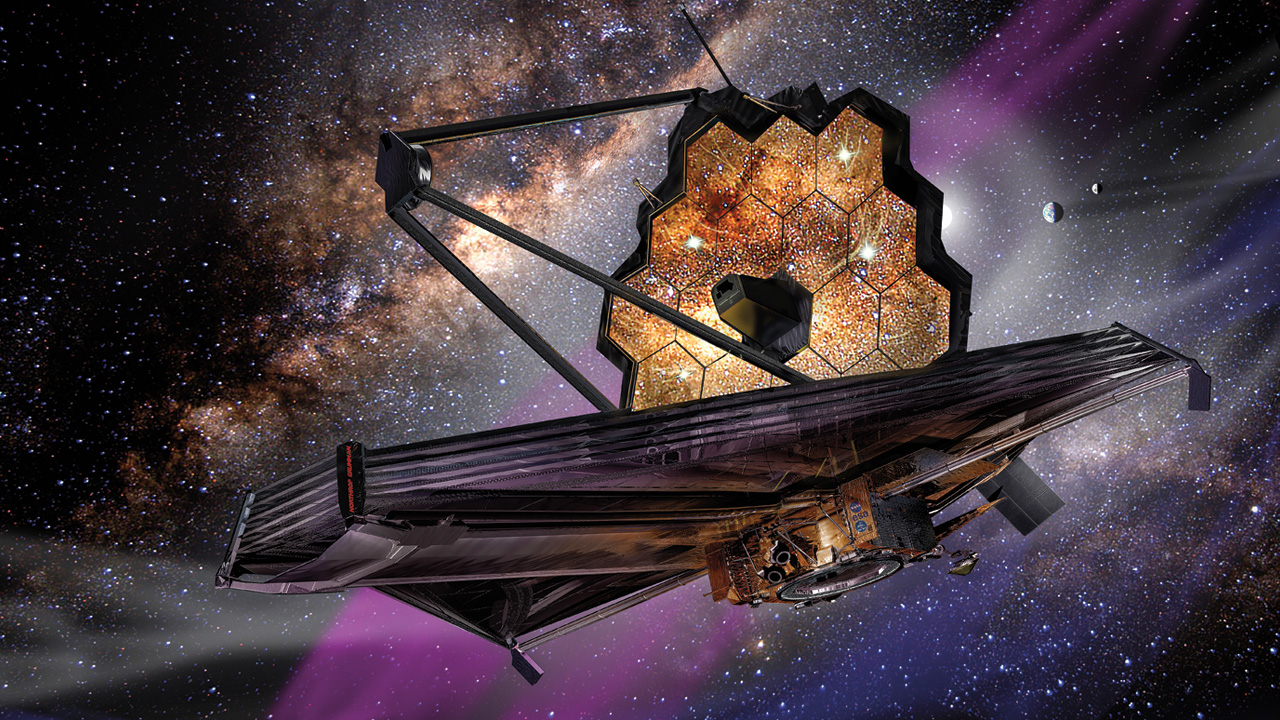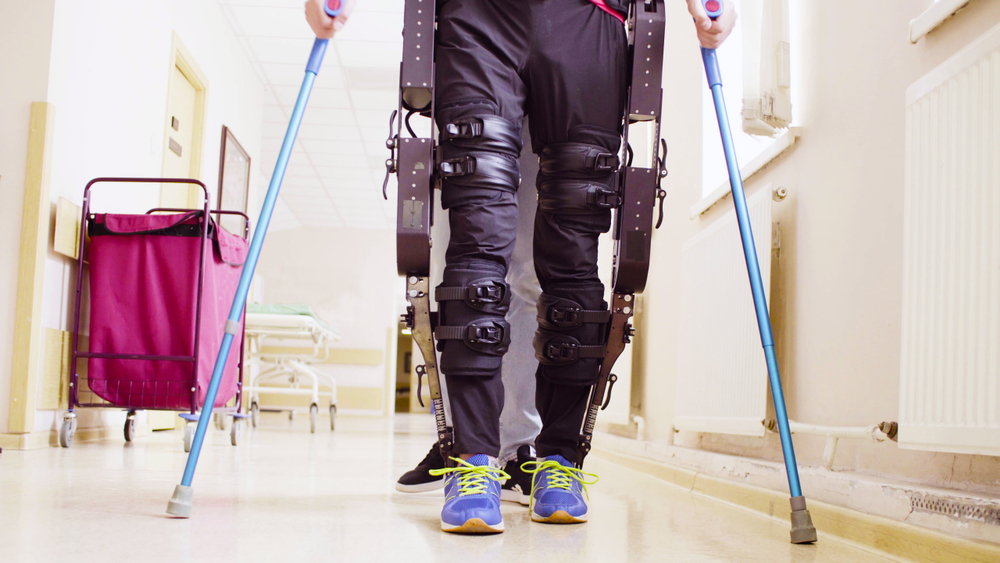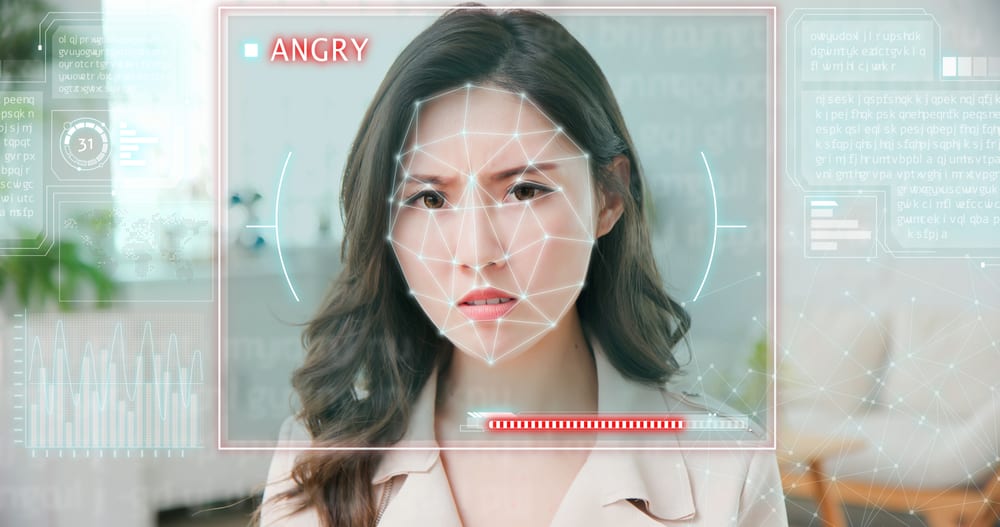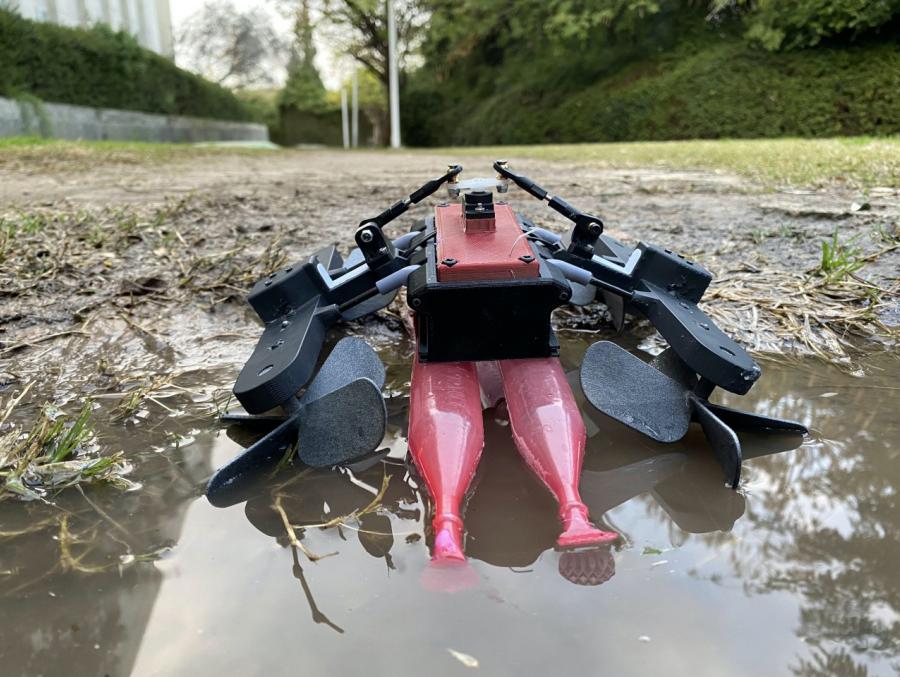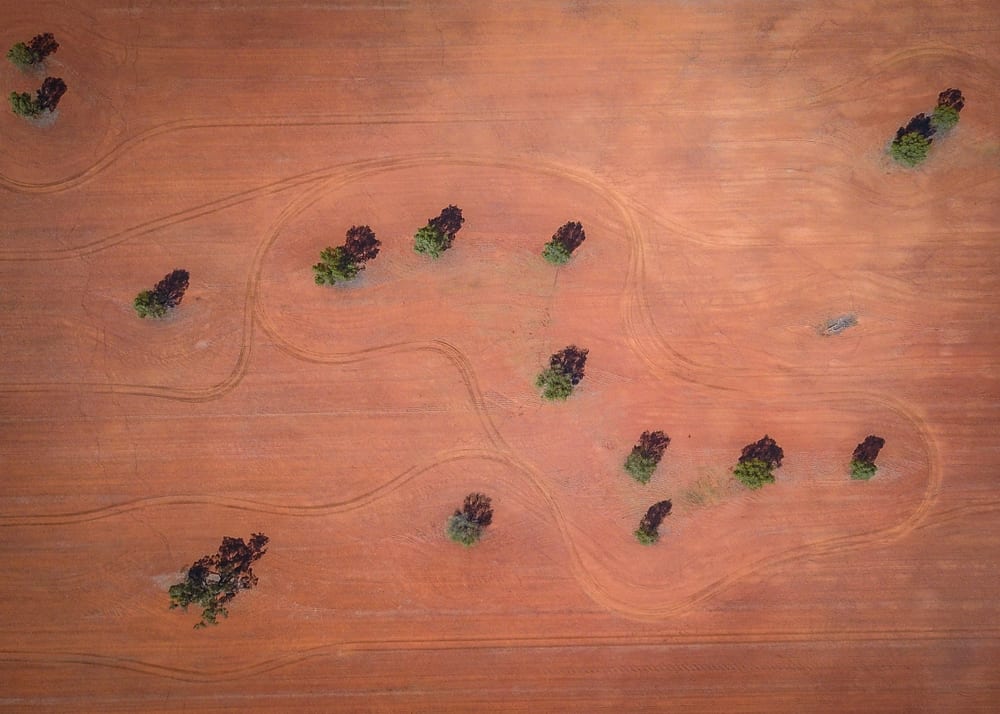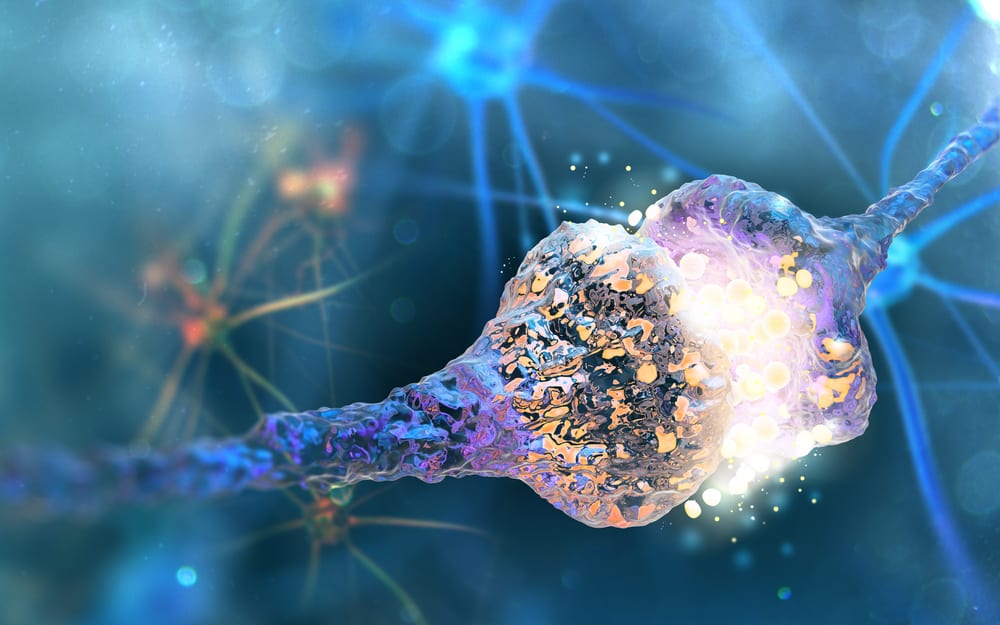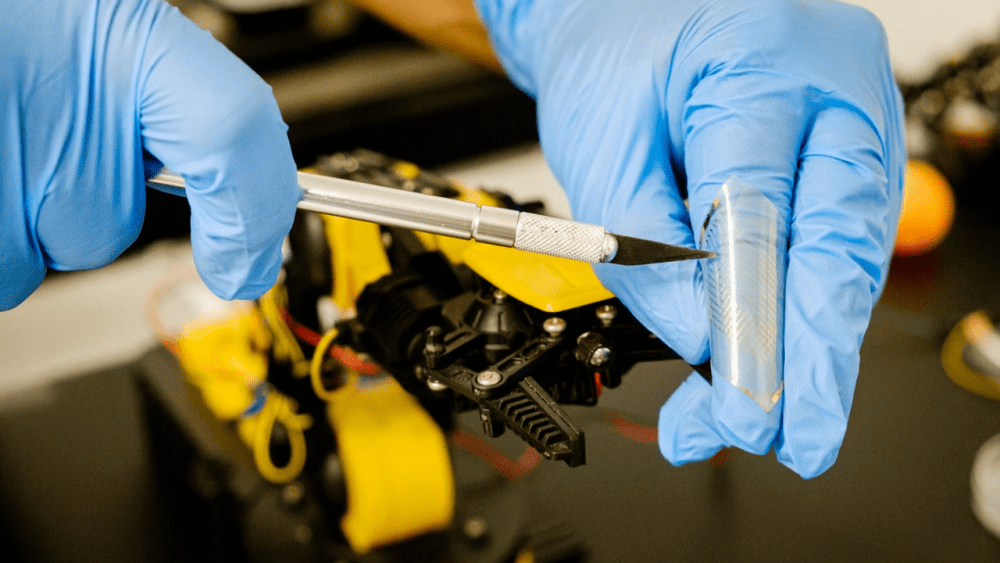NASA’s James Webb space telescope releases first image
NASA’s James Webb space telescope has released its first image in full colour and incredible detail. Launched on Christmas Day 2021, The James Webb telescope is the largest and most powerful observatory that has ever been sent into space and cost $10bn
Shape-morphing Microrobots Can Deliver and ‘Vomit’ Drugs Directly on Cancer Cells
Chemotherapy successfully treats many forms of cancer, but the side effects can wreak havoc on the rest of the body. That is why Scientists have been looking for new ways to treat cancer for years now and may have found
AI Tech to Give Robotic Exoskeletons the Ability to Think
A team of researchers from the University of Waterloo in Canada is developing an integrated AI technology that enables exoskeletons and prosthetic legs to make independent decisions. The sophisticated tech involves using computer vision and deep-learning AI to mimic and
Scientists have created AI technology that can detect how someone is feeling
A team of scientists, led by Yang Hao at Queen Mary University, has developed an AI called neural network to detect human emotions. According to the paper published in the online journal PLOSE ONE, the tech uses radio waves to pick
AI ‘doctor’s assistant’ among projects given £20m
The British government has awarded £20m to fund artificial intelligence projects such as a computerised system that advises doctors on the best treatment to give patients. As part of the Turing fellowship scheme, the money will be shared between 15 AI
This ‘amphibious’ robot was inspired by the movement of cockroaches and lizards
Researchers at Ben-Gurion University in Israel have developed a new high-speed amphibious robot inspired by the movements of cockroaches and lizards, which can swim, run on top of water at high speed and crawl on challenging terrain. The AmphiSTAR robot was
This self-driving ferry in Norway aims to revolutionise public transport
In the era of the climate crisis, Norway has taken on the challenge of pioneering an electric, self-driving water taxi that hopes to revolutionise urban public transport. The small, carbon neutral water taxis can be summoned by customers at the
Scientists are using AI to map out every tree on earth
For the first time ever, 1.8 billion individual tree canopies have been mapped out by scientists, across millions of kilometres of the Sahel and Sahara regions of West Africa. Using artificial intelligence (AI), researchers analysed a huge database of satellite images,
Brain-based computing is on the rise thanks to graphene-based memory resistors
A team of engineers at Pennsylvania State University is attempting to develop a type of computing with the purpose of mimicking the efficiency of the brain’s neural networks while exploiting the brain’s analogue nature. New forms of computing are progressively coming
Scientists have given robots a ‘brain’ so they can self-repair when they detect pain
Using artificial intelligence (AI), scientists at the Nanyang Technological University, Singapore, have developed a way for robots to recognise pain and to self-repair when damaged. The scientists adopted a brain-inspired approach when creating the system and as a result, the robot




